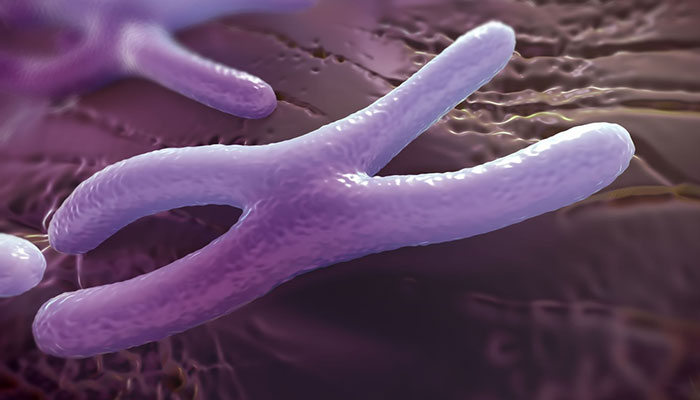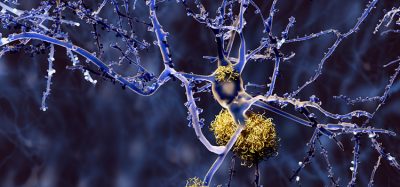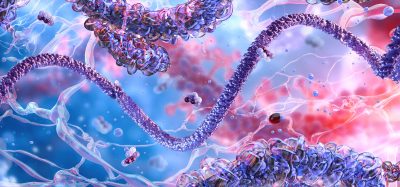New strategy to identify small molecule therapies


Characterized by progressive deafness, blindness and variable balance disorder, Usher syndrome type III (USH3) is caused by destabilising mutations in the gene encoding the clarin-1 protein (CLRN1).
This webinar details a successful new strategy to identify small molecule therapies to mitigate the hearing loss associated with these mutations, highlighting the promise of this discovery approach in the quest for drugs to treat other protein-destabilising monogenic disorders. Funded by the Usher III Initiative Research Consortium, the work described here was carried out by collaborators at Case Western Reserve University, University Hospitals Cleveland Medical Center and Charles River.
The rest of this content is restricted - login or subscribe free to access


Why subscribe? Join our growing community of thousands of industry professionals and gain access to:
- quarterly issues in print and/or digital format
- case studies, whitepapers, webinars and industry-leading content
- breaking news and features
- our extensive online archive of thousands of articles and years of past issues
- ...And it's all free!
Click here to Subscribe today Login here
Related topics
Assays, Drug Discovery Processes, Screening, Target Validation, Translational Science
Related organisations
Charles River Laboratories








